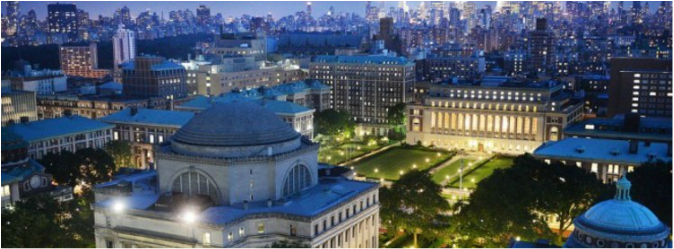undergraduate/master openings |
Current Columbia Students: Research positions for current students at Columbia (both undergraduate and Master students) are always available. Please contact Hod Lipson to set up an appointment to discuss options.
|
Prospective
|
Prospective PhD Students: PhD positions at the Creative Machines Lab at Columbia University in NYC can be applied for either through Mechanical Engineering or Computer Science. The lab accepts about 2-3 new PhD students per year.
You are welcome to contact Hod Lipson directly if you have specific questions about research in the lab, or about how your own interests might line up with lab activities and plans. If you send an email, please briefly state your interests and describe any research experience you have. Include links to PDFs of any publications you have coauthored, and links to YouTube videos that show your work. |
Phd application |
If you decide to apply, you will need to do so formally through the graduate admissions office. Make sure that your strengths are evident from your application. Here are some tips that might help your application stand out:
|
phd financial support |
We provide full financial support for all our PhD students through teaching assistantships (TAs), research assistantships (RAs) and fellowships, contingent on academic performance. Make sure you have applied to any sources of scholarships available to you (even partial support), and mention those in your application. Columbia University also offers Doctoral Student Housing options.
|
Phd topicS |
What projects are available? In our group, most PhD students drive their own research. To get an idea of what your research might be, browse our previous publications. If some of our previous research and publications excite you, its likely that together we'll find a new exciting project for you too.
Choosing a PhD research direction is a big commitment in life. Do robotics and AI fascinate you? To get an idea of the questions this field deals with, have a look at some popular books like Kevin Kelly's Out of Control (you can read it online or get the book). If you want to know more technical details, check out Melanie Mitchel's Genetic Algorithms or Nolfi and Floreano's Evolutionary Robotics, or Chris Adami's Artificial Life. Or read our own books Fabricated and Driverless, that describe some of the work done here. If any of these books get you excited, you have made the first step! |


